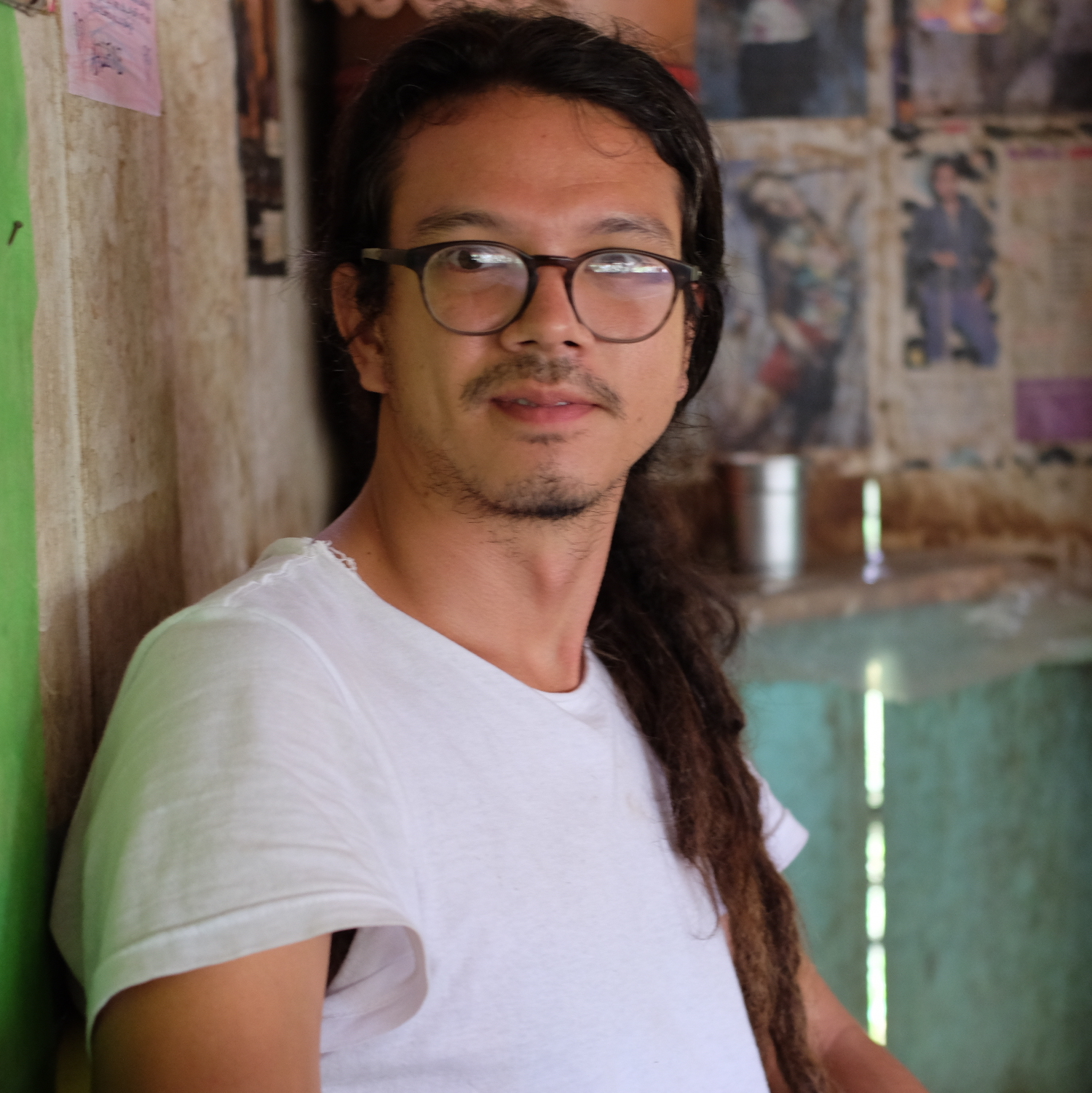
UTSC Anthropology’s latest appointment will be bring his experience working among people living along the Amazonian rivers to students in Scarborough this term.
Professor Vinicius de Aguiar Furuie was born in Sao Paulo, Brazil, and has many family links to the Amazon region. The Amazonian rivers are the lifeblood of the area and play a crucial role in linking the diverse communities living along its banks as well as facilitating trade. In addition to Indigenous people along the rivers, the boom in the rubber tapping industry beginning in the 19th Century brought many non-Indigenous people to the region. It’s this history and mix of people that has always fascinated Prof. Furuie about Amazonia.
“I’ve always enjoyed being there,” says Prof. Furuie. “It’s a very cosmopolitan place in which you have people from different religions and different languages who are all living together, sharing a river, sharing a forest. Many of the descendants of those migrants still live in the Amazon, and many intermarried with Indigenous Amazonian communities.”
In particular, Prof. Furuie’s focus for the last few years has been on the river traders who connect these different communities and the urban centers of Amazonia, exchanging goods between them. “They sell forest products such as rubber, which used to be the most important, but nowadays has been mostly substituted by Brazil nuts and medicinal oils from the forest, fish, and other non-timber forest products. In return these traders will provide communities with salt, ammunition, coffee and other goods that the communities do not produce.”
These communities will be front and centre in Prof. Furuie’s special topics course ANTD07HS3: Amazonia and the Amazonification of Anthropology. The course will look at the way the region has been understood by outsiders and challenge some of the assumptions that fail to take under consideration what Amazonians have to teach about their territory. The course will also examine the environmental importance of the region to climate, biodiversity and how quickly this region is being transformed by deforestation and other changes in land use.
Prof. Furuie will also be teaching ANTC69HS3: The Anthropology of Science Fiction in which he will examine the ways in which anthropology and science fiction overlap and interact, and the shared questions of both. The course will look at science fiction authors including Ursula K. Le Guin and Kim Stanley Robinson.
“Science fiction is really good for thinking about concepts that are important to anthropology, like culture, gender, colonialism, the encounter between alternate worlds,” says Prof. Furuie. “That’s the driving force of much of anthropology as well, how to conceive of different ways of living and what happens when different perspectives collide.”
Prof. Furuie points out that his favourite sci-fi writer, Ursula K. Le Guin, was the daughter of Alfred Louis Kroeber, the American cultural anthropologist and student of Franz Boas. “She was raised in a house full of anthropologists, listening to her parents and their guests and spending afternoons in the Anthropology Museum in Berkeley.”
This shaped her outlook on culture and colonialism. “Characters that are out of place in their own societies, or that struggle to understand a new society to which they have just arrived is a frequent motif in her work,” says Prof. Furuie.